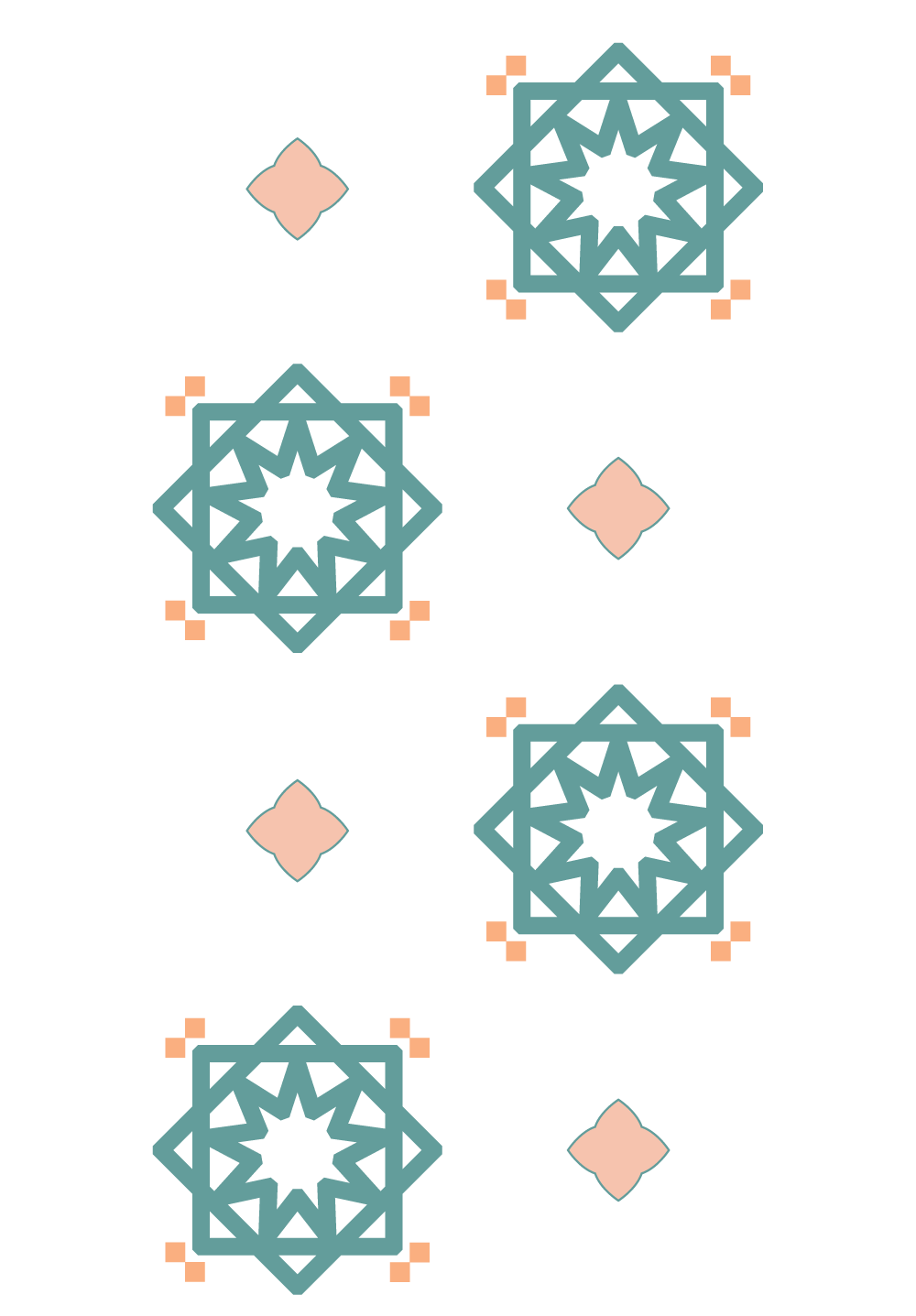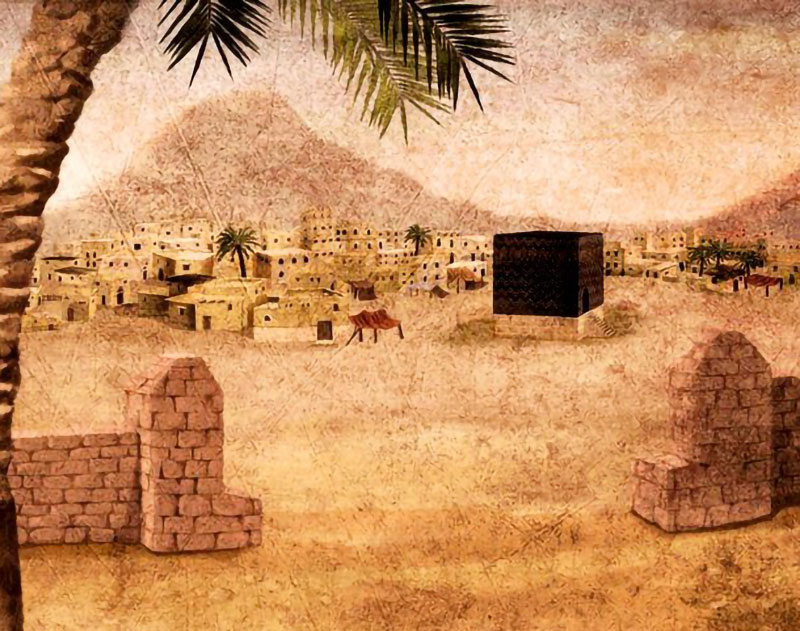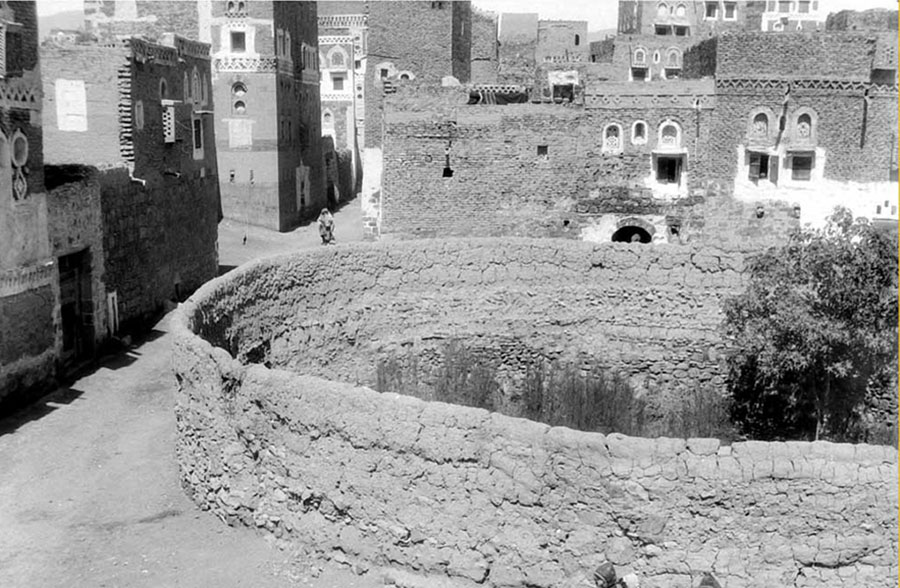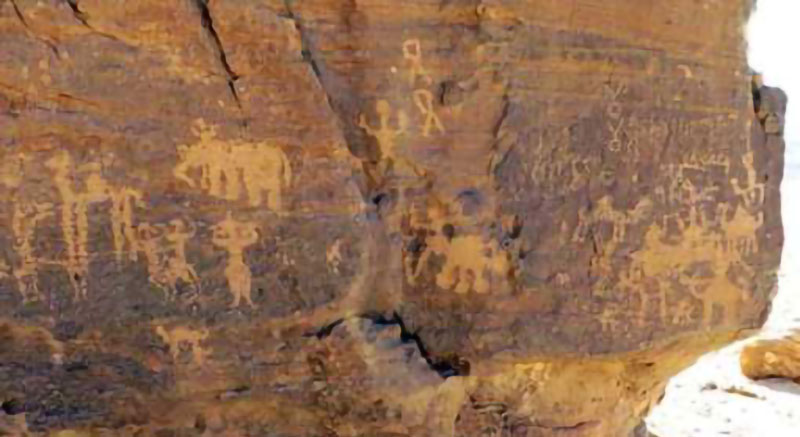


The story of The People of the Elephant is one of the great Quranic stories, as Allah, The Almighty, dedicated a complete surah (Surah Al Fil) to enumerate its details, which denotes the importance of this incident that took place in 570 AD, which was later dubbed the Year of the Elephant in relation to this incident. Scholars believe that Prophet Muhammad (PBUH) was born in the same year.
Although the story of The People of the Elephant took place in Mecca, its events actually started in Yemen, which was under the control of the Abyssinians and their ruler Al Najashi, and specifically from the city of Sana'a, which was at the time under the rule of Abraha Al Ashram the Abyssinian, who was Christian, and desired to attract Arabs to Christianity and divert them from their religion. At the same time, he wanted to change their annual pilgrimage destination from Mecca, to the church he built in Sana'a.

Abraha had built a huge church with decorations, embellished with gold and jewels to attract the attention of the Arabs, then he wrote to his King Najashi saying: “O King! I had such a great church made for you that no church like it has been made for a king before. I will not stop until I have changed the Arabs’ mind to come and worship in this church.”
Once they learned about these efforts, Arabs got furious; a man from the Kinanah tribe soiled the church and heaped garbage in it. This had enraged Abraha, and he swore to bring the Kaaba down stone by stone. He headed a huge army supported by several elephants, led by a huge elephant called "Mahmoud", and marched towards Mecca. Arab tribes came together to repel Abraha and his army, but they were unable to fight off this organised army, which reached the outskirts of Mecca and positioned in “Al Mughammis” between Mecca and Taif. Then, Abraha sent a platoon of his army to steal the belonging of the Quraysh tribe, including two hundred camels that belonged to Abdul Muttalib ibn Hashim, the grandfather of Prophet Muhammad (PBUH), and the chieftain Quraysh.
Subsequently, Abraha sent a message to Quraysh informing them that he has no intention of waging war against them, rather he solely came to destroy the Kaaba. Quraysh realised that there was little they could do, and entrusted the protection of the house to Allah, The Almighty. Later, Abdul Muttalib went to meet with Abraha. His noble appearance impressed Abraha, so Abraha got up from the high place where he was sitting and came down to sit on the ground with Abdul Muttalib, and then asked him about his claims. Abdul Muttalib said that he wanted back his two hundred camels. Abraha was shocked, and said: “You are after the two hundred camels that I took from you, and you say nothing about the army that has come to bring down the house that represents you and your fathers’ religion.” Abdul Muttalib answered: “I own only the camels; verily, that house also has an Owner who will protect it.”

Abdul Muttalib returned to Mecca and told people to go hide in the mountains for protection. He then came to the Kaaba with the prominent figures of Mecca. He held close to the mallet of the gate, and started praying to Allah to protect the house that had been entrusted to them by Prophets Ibrahim and Ismael and then they too left the Kaaba and went to the mountain top to wait.
In the meantime, Abraha prepared his army and ordered them to march and demolish the Kaaba. The elephant was ahead of the army; however, the elephant knelt down and refused to go forward towards Mecca, despite all their attempts to force it to rise up. Whenever they directed it towards Yemen or eastwards, the elephant moved quickly but when directed towards Kaaba, it knelt down again.
The elephant kept kneeling on the outskirts of Mecaa refusing to move towards it, then Allah, The Almighty, sent a flock of thousands of birds, which were known as Ababil birds, as mentioned in several tafsir books. The birds were carrying serrated stones which they used to hit Abraha’s soldiers, whom perished and were left frail and torn as foliage. Abraha himself was hit repeatedly and slowly dismembered. By the time he reached Sana'a, he had nothing but a miserable stump of a body. His heart burst from his chest, and he died.